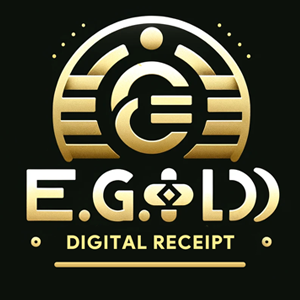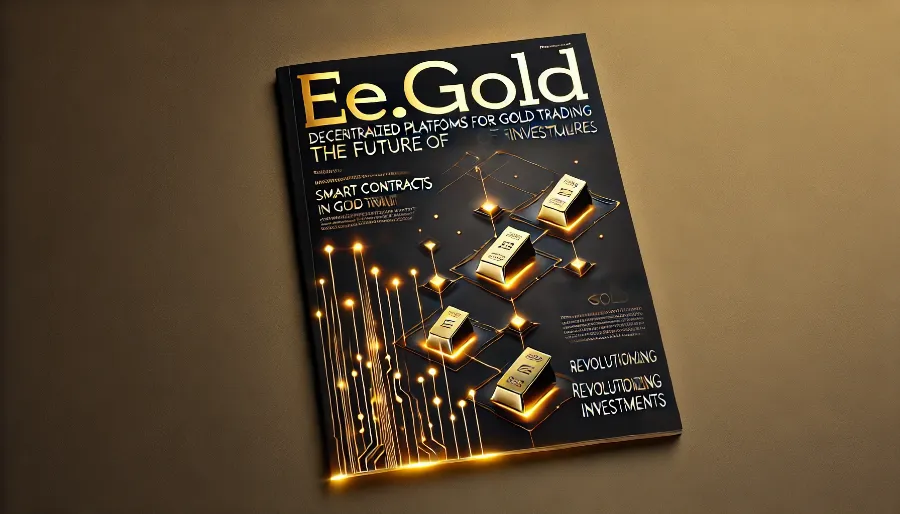
Table of Contents
- Decentralized Gold Trading Platforms: Transforming Investment Opportunities
- Understanding Decentralized Platforms for Gold Trading
- The Mechanics of Decentralized Gold Trading Platforms
- Advantages of Using Decentralized Platforms for Gold Trading
- Leading Decentralized Gold Trading Platforms in 2025
- Blockchain's Impact on Decentralized Gold Trading
- Gold Tokenization in Decentralized Trading Platforms
- Ensuring Security and Transparency in Decentralized Gold Trading
- Smart Contracts Revolutionizing Gold Trading Platforms
- Accessibility and Liquidity in Decentralized Gold Trading
- Decentralized vs. Traditional Gold Trading: Key Comparisons
- The Role of Decentralized Finance (DeFi) in Gold Trading
- Environmental Impacts of Decentralized Gold Trading Platforms
- Risks and Challenges in Decentralized Gold Trading
- Regulatory Developments in Decentralized Gold Trading in 2025
- Emerging Trends in Decentralized Gold Trading for the Future
Decentralized Gold Trading Platforms: Transforming Investment Opportunities
Decentralized platforms for gold trading are blockchain-powered marketplaces that allow users to buy, sell, and trade gold without relying on intermediaries. These platforms use smart contracts and tokenized gold assets to streamline transactions and enhance security.
Understanding Decentralized Platforms for Gold Trading
- Tokenization: Physical gold is tokenized into digital assets that represent specific quantities of gold.
- Blockchain Transactions: Buyers and sellers trade these tokens directly on a decentralized exchange.
- Smart Contracts: Transactions are automated and executed based on predefined terms, ensuring efficiency and security.
- Custodians: Securely store the physical gold backing the tokens, ensuring authenticity and value.
The Mechanics of Decentralized Gold Trading Platforms
- Transparency: Blockchain ensures traceable and verifiable transactions.
- Security: Eliminates risks of fraud and manipulation through decentralized ledgers.
- Efficiency: Faster transactions without the need for intermediaries.
- Global Access: Enables trading from anywhere with an internet connection.
- Lower Costs: Reduces fees associated with traditional trading platforms.
Advantages of Using Decentralized Platforms for Gold Trading
- Vaultoro: Allows trading between gold and Bitcoin with instant settlements.
- Digix Global: Specializes in tokenized gold trading on Ethereum.
- GoldMint: Provides a platform for trading gold-backed tokens and collateralized loans.
- Kinesis Money: Combines gold trading with a blockchain-based monetary system.
Leading Decentralized Gold Trading Platforms in 2025
Blockchain serves as the backbone of decentralized platforms by:
- Ensuring Security: Immutable transaction records prevent fraud.
- Facilitating Tokenization: Represents physical gold as digital assets.
- Enabling Smart Contracts: Automates and secures transactions.
Blockchain's Impact on Decentralized Gold Trading
Tokenized gold allows fractional ownership, enabling small investors to access the gold market. Each token is backed by physical gold stored in secure vaults, ensuring real-world value.
Security and Transparency in Decentralized Gold Trading
Blockchain technology ensures all transactions are tamper-proof and visible to participants. Custodians provide regular audits and proof of reserves to verify the backing of tokenized gold.
Smart Contracts in Gold Trading Platforms
Smart contracts automate processes like ownership transfers, payments, and compliance. These self-executing contracts eliminate the need for intermediaries, reducing costs and enhancing efficiency.
Liquidity and Accessibility
Decentralized platforms provide high liquidity, enabling 24/7 trading of gold-backed tokens. Users can trade gold globally without restrictions, making it more accessible than traditional markets.
Comparing Decentralized and Traditional Gold Trading
| Aspect | Decentralized Platforms | Traditional Platforms |
|---|---|---|
| Intermediaries | None | Required |
| Trading Hours | 24/7 | Limited to market hours |
| Transparency | Blockchain-based | Relies on centralized entities |
| Fees | Lower | Higher |
| Accessibility | Global | Limited by geographical location |
Integration with Decentralized Finance (DeFi)
Decentralized gold trading platforms are increasingly integrating with DeFi protocols. This allows users to:
- Lend and Borrow: Use gold-backed tokens as collateral.
- Earn Yield: Stake tokens to earn passive income.
Environmental Considerations
Decentralized platforms rely on blockchain technology, which can be energy-intensive. However, the adoption of energy-efficient blockchains like Ethereum 2.0 mitigates environmental concerns.
Challenges and Risks
- Regulatory Uncertainty: Decentralized platforms operate in a fragmented regulatory environment.
- Custodian Reliability: Trust in third-party vaults storing physical gold is essential.
- Volatility: Price fluctuations in tokenized gold may differ from physical gold.
Regulatory Landscape
Governments are creating frameworks to regulate decentralized gold trading, focusing on:
- AML/KYC Compliance: Preventing money laundering and fraud.
- Investor Protection: Ensuring platforms operate transparently and securely.
Future Trends in Decentralized Gold Trading
- AI Integration: Predictive analytics for market trends and risk assessment.
- Increased Tokenization: More assets, including gold, will be tokenized for broader accessibility.
- Interoperability: Platforms enabling seamless trading across blockchains.
- Institutional Adoption: Greater interest from traditional financial institutions.
FAQs About Decentralized Platforms for Gold Trading
1. What is a decentralized platform for gold trading?
A blockchain-based marketplace where users can trade gold-backed tokens without intermediaries.
2. How is gold tokenized?
Physical gold is represented as digital tokens on a blockchain, each backed by a specific amount of gold.
3. Are decentralized platforms secure?
Yes, blockchain technology ensures secure and tamper-proof transactions.
4. What are the fees on decentralized gold trading platforms?
Fees are generally lower than traditional platforms due to reduced reliance on intermediaries.
5. Can I trade gold globally on these platforms?
Yes, decentralized platforms enable global trading with internet access.
6. Are decentralized platforms regulated?
Regulations vary by country, but most platforms comply with AML/KYC policies.
7. How do smart contracts work in gold trading?
Smart contracts automate and secure transactions, ensuring seamless and transparent processes.
8. What are the risks of decentralized gold trading?
Risks include regulatory uncertainty, reliance on custodians, and market volatility.
9. Can I use gold-backed tokens in DeFi?
Yes, gold-backed tokens can be used for lending, borrowing, and earning yield in DeFi ecosystems.
10. What is the future of decentralized gold trading?
The future includes greater adoption of tokenized gold, AI-driven analytics, and increased integration with global financial systems.
11. How do decentralized platforms ensure transparency?
Transparency is achieved through blockchain technology, which records all transactions on an immutable and publicly accessible ledger. Regular audits and proof of reserves verify the authenticity of the gold backing the tokens.
12. Can small investors benefit from decentralized gold trading?
Absolutely. Tokenization enables fractional ownership, allowing small investors to buy and trade gold in smaller quantities, which would not be feasible with physical gold.
13. Are decentralized platforms user-friendly?
Yes, many platforms are designed with intuitive interfaces and user guides, making them accessible to both beginners and experienced traders.
14. How does decentralized trading address counterfeiting in the gold market?
Blockchain ensures the traceability of gold from its source to the end user, effectively reducing the risk of counterfeit gold entering the supply chain.
15. Can I redeem physical gold from decentralized platforms?
Many platforms allow users to redeem physical gold, provided the tokens they hold represent actual reserves in secure vaults. Redemption may involve additional fees and logistics.
16. What are some popular use cases for tokenized gold?
Tokenized gold can be used for trading, hedging against inflation, collateral in DeFi loans, or even for gifting and international transfers.
17. Do decentralized platforms support multi-asset trading?
Yes, many platforms allow users to trade gold tokens alongside other digital assets, such as cryptocurrencies and stablecoins, for portfolio diversification.
18. What role do custodians play in decentralized gold trading?
Custodians are responsible for securely storing the physical gold that backs the tokens. Trustworthy custodians undergo regular audits and maintain transparency with their users.
19. Can institutional investors use decentralized gold trading platforms?
Yes, decentralized platforms cater to institutional investors seeking transparent and efficient ways to invest in or trade gold.
20. How are fees calculated on decentralized platforms?
Fees typically include blockchain transaction costs, token minting or redemption charges, and small platform fees. These are often lower than traditional trading and storage fees.
21. How are decentralized platforms evolving to meet market demands?
Decentralized platforms are integrating with advanced technologies like artificial intelligence for market analytics, offering cross-chain interoperability, and expanding their tokenized asset offerings.
Decentralized platforms for gold trading are ushering in a new era of transparency, security, and accessibility. By eliminating traditional barriers and leveraging blockchain’s potential, these platforms are transforming how investors interact with gold, making it easier than ever to access and trade one of the world’s most trusted assets. As adoption grows, decentralized gold trading is set to play a pivotal role in the global financial ecosystem.
NOTE
This Content is the copyrighted content of EE.GOLD. All rights are reserved. You are welcome to share or use our content only by including direct links to our website. Any other form of reproduction, distribution, or use without proper attribution is strictly prohibited.
This Content is intended solely for educational purposes. The information provided does not constitute financial or investment advice.
Please note that Digital Storage Receipt, Secure Storage Solutions, and Physical Gold Sales are the only services offered by EE.GOLD.
We strictly adhere to government regulations and are firmly against all illegal financial or investment activities globally.
For further inquiries, feel free to contact us through our official channels.
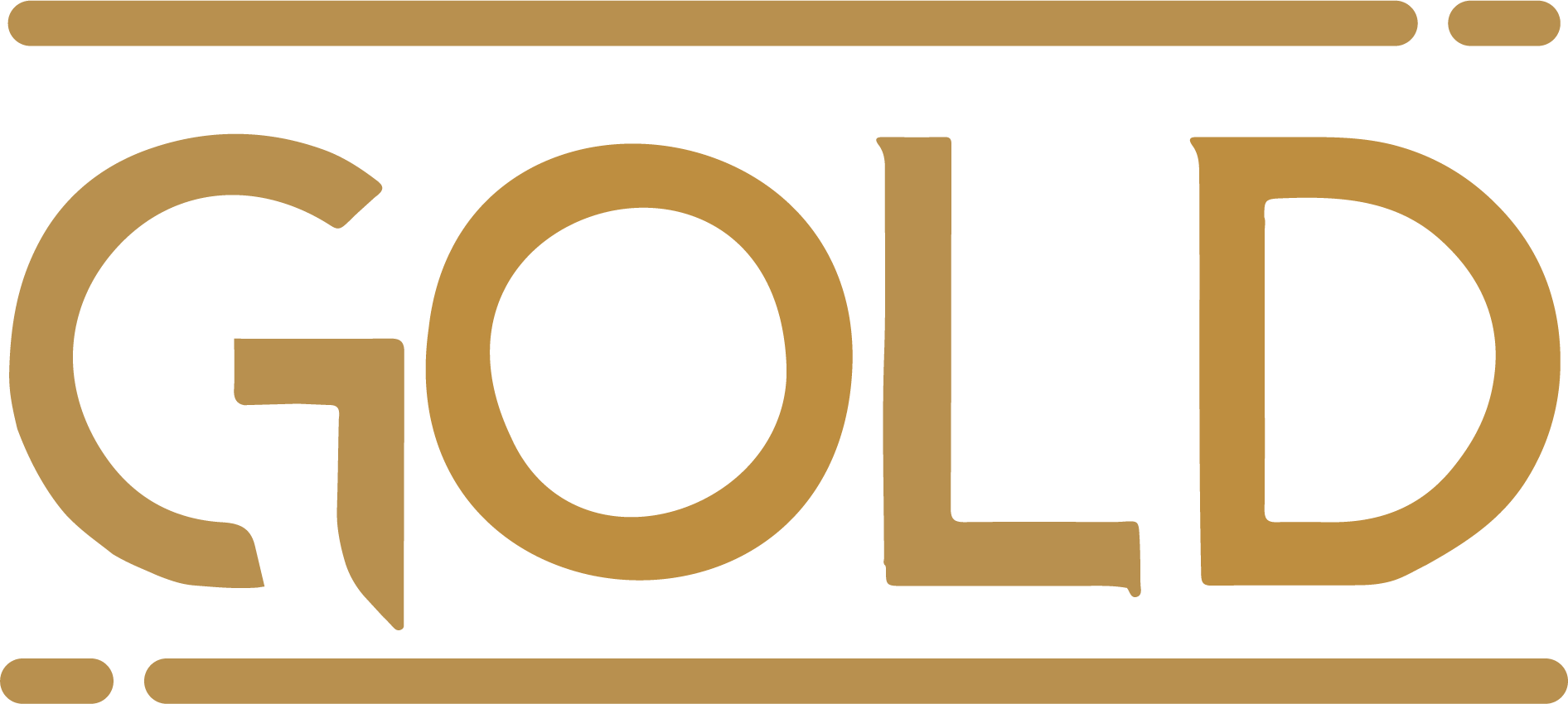
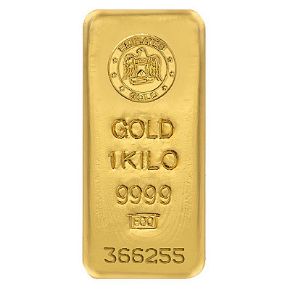
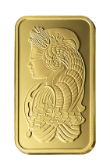


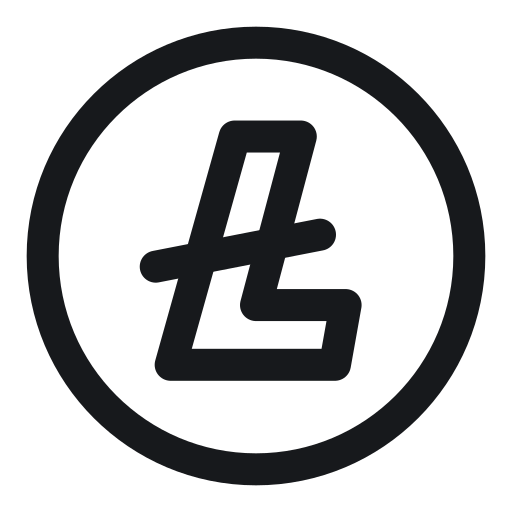
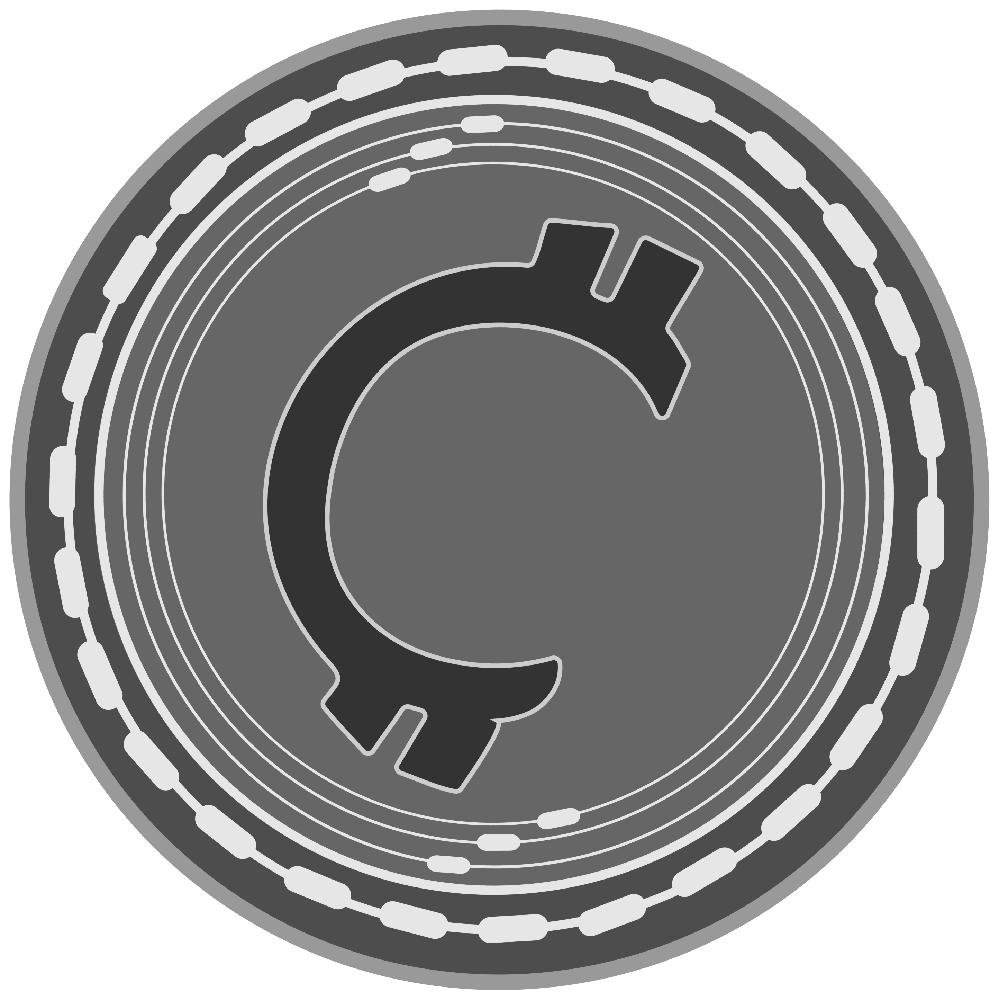
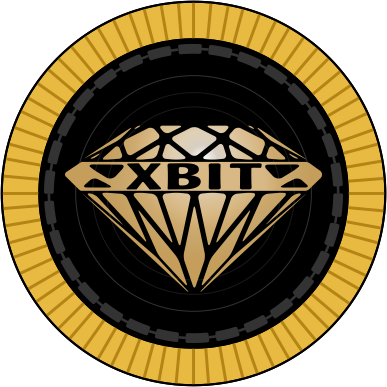
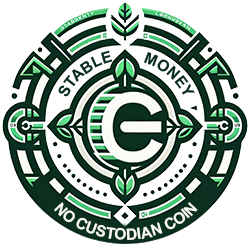

.png)

